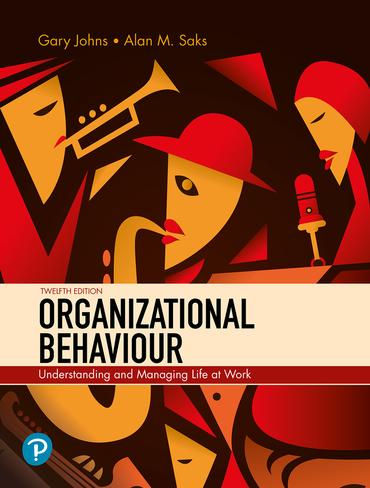1. Discuss the problems facing ICRISAT. To what extent are these problems the result of its leadership...
Question:
1. Discuss the problems facing ICRISAT. To what extent are these problems the result of its leadership over the past several years?
2. Describe Dr. Dar’s leadership experience. What kind of leadership behaviour and style has he exhibited and what effect has his leadership had on others? Has he been an effective leader? Explain your answer.
3. Use Fiedler’s contingency theory and House’s path–goal theory to analyze the leadership situation facing Dr. Dar at ICRISAT. What leadership style does each theory suggest?
4. Discuss the merits of LMX theory and transformational leadership for the leadership situation facing Dr. Dar and in light of the role of the Director General. What type of leadership would be most effective and why?
5. Given the many challenges facing ICRISAT and Dr. Dar (e.g., low staff morale, poor performance and research output, and reduced funding), what type of leadership do you think is required? Consider each of the following types of leadership with respect to its potential effectiveness for dealing with each of the challenges:
(a) strategic leadership,
(b) initiating structure,
(c) consideration,
(d) participative leadership,
(e) transactional leadership,
(f) transformational leadership, (g) empowering leadership, (h) ethical leadership, (i) authentic leadership, and (j) servant leadership. Overall, what style of leadership would you recommend for Dr. Dar to be an effective leader? Explain your answer.
6. What does this case tell us about the role of leadership and its effects on people and organizations? What does it tell us about leadership behaviours, the situation, and leadership effectiveness? Explain your answer.
Step by Step Answer:

Organizational Behaviour Understanding And Managing Life At Work
ISBN: 9780137668786
12th Edition
Authors: Gary Johns, Alan M. Saks





